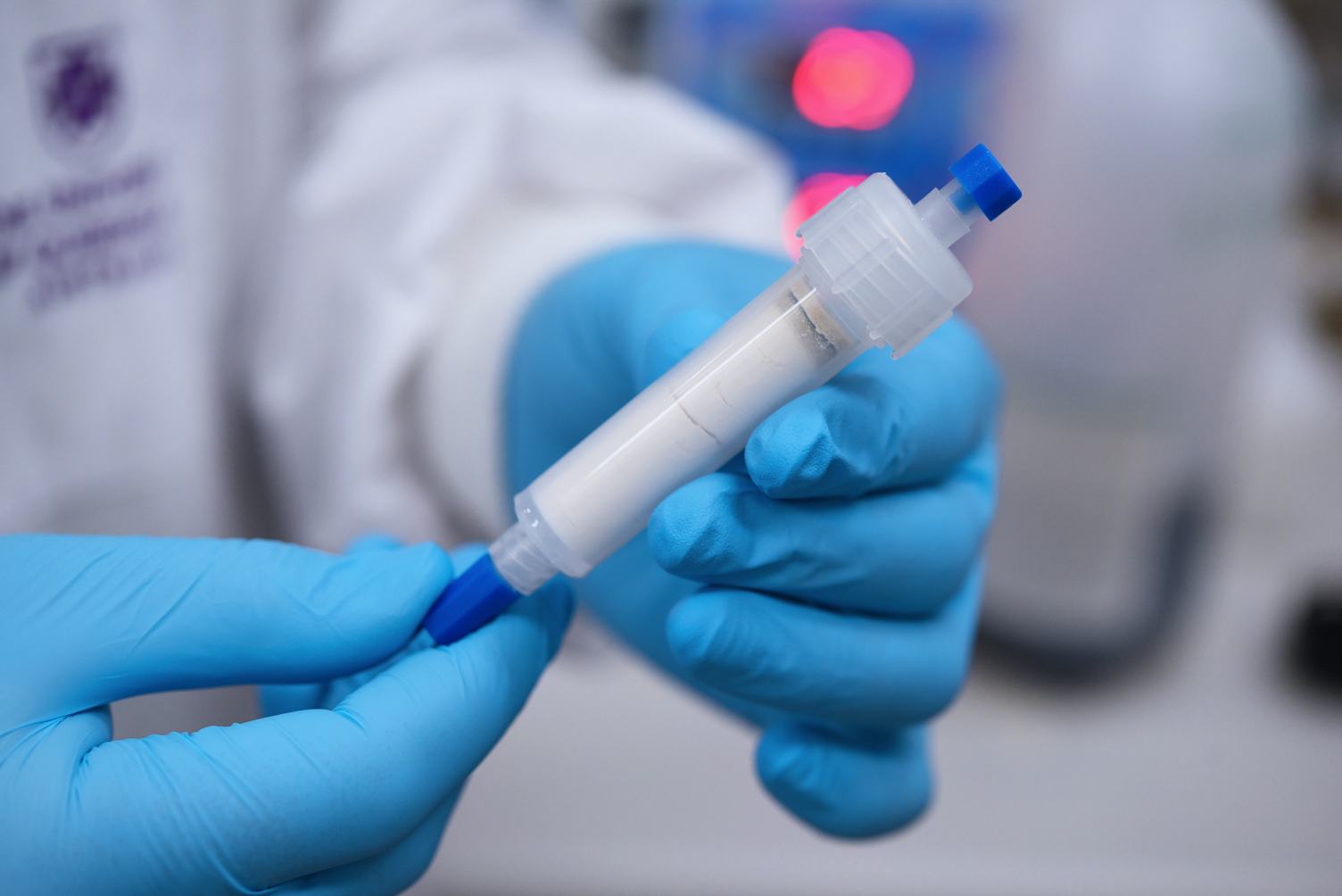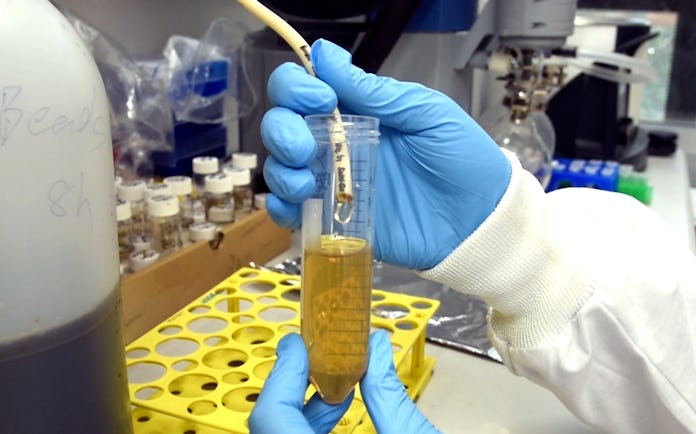The new filter, created by polymer chemist Dr Cheng Zhang and his team at the Australian Institute for Bioengineering and Nanotechnology at the University of Queensland, uses a special sorbent solution and an ion-exchange technique. Research shows this technique is over five times more effective at removing perfluoroalkyl and polyfluoroalkyl substances (PFAS) from the water than any existing technology on the market.

Removing PFAS from water has become a major environmental challenge. Known as ‘forever chemicals’ due to the length of time it takes them to break down into molecular form, PFAS can persist in the environment and human bodies for up to 1,000 years. These substances are associated with various health issues, including cancer.
According to Dr Zhang, the new filter could reduce PFAS levels to "basically non-detectable" levels in drinking water, far below EPA safe drinking guidelines. It could also treat contaminated landfill leachate (liquid that drains from a landfill as waste decomposes), a task that was previously impossible with available technology.
Another key feature of this technology is its potential to create renewable batteries using PFAS compounds extracted by the filter. The method involves using a magnet to extract PFAS particles coated with a special polymer, which are then recycled into materials for these batteries. The research team’s renewable batteries are the first in the world to use PFAS compounds in this innovative way.

An example of Dr Zhang’s sorbent filter cartridge which can remove PFAS chemicals from water. It can be sized and shaped to fit into water management systems.
"The increasing demand for high-performance rechargeable batteries means manufacturers are constantly searching for new materials that improve the energy density, safety and cycling stability of batteries," Dr Cheng told ABC News.
The team has already secured a patent for this technology and estimates it to be ready for commercial production within three years. The next step involves testing the filters at Brisbane’s Luggage Point Wastewater Treatment Plant, one of the world’s largest recycled water facilities. They also plan to trial the technology at landfill sites and with companies dealing with contaminated compost leachate.
PFAS are also commonly used in food packaging due to their grease and water-resistant properties. A recent Planet Ark and Australian Packaging Covenant Organisation (APCO) study confirmed the presence of PFAS significantly above background levels in almost a third of packaging samples tested, with concentrations consistent with those found in comparable studies of food fibre packaging in the US, UK, and the EU.
Images courtesy of the Australian Institute for Bioengineering and Nanotechnology.
Planet Ark does not take responsibility for the accuracy of the original information and encourages readers to check the references before using this information for their own purposes.